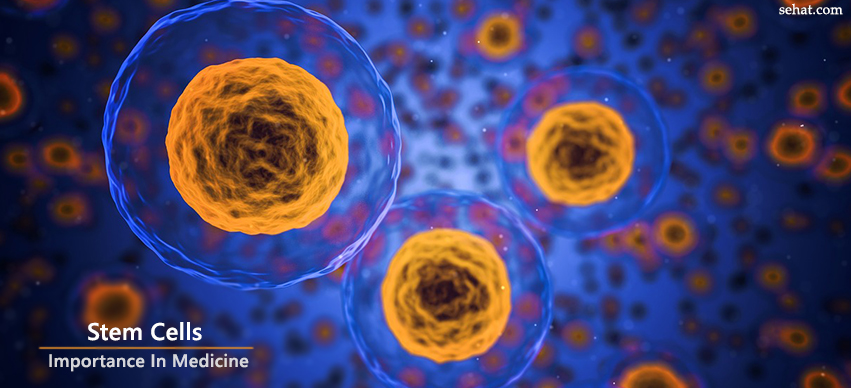How Communities Are Changing the Way We Think About Aging in..
8 Min Read


Our bodies are designed in such a way that they can repair almost anything if given the opportunity. As you may already know, cells are the main components of each organism. However, you should differentiate between regular cells and stem cells that our bodies consist of. Even though it may seem that all the cells are pretty much the same – the difference between those cells is tremendous.
The peculiarity of stem cells lies in their ability to transform into any specific cell when necessary. Such functions come in more than handy when you consider reproduction and healing processes. There are two stem cells types– adult ones and embryonic.
Every person is born with stem cells in their bodies. However, that does not mean that stem cells are active throughout your life. The cells are used by the body itself whenever it thinks it is necessary. The fact is that in most cases, people can’t notice whether their bodies use stem cells or not. Nevertheless, daily bodily regeneration cannot take place without those particular stem cells.
It should be mentioned that stem cells can be situated in your:
The main purpose of stem cells is to help your body regenerate some damaged organ cells or even regenerate some organs completely.
Embryonic stem cells are similar to adult ones, but international IVF programs and researches keep discovering new stem cell IVF abilities and use. It has been already proved that embryonic stem cells are more powerful than adult ones. That is why, in many clinics, they practice storing umbilical cord blood stem cells. The cells are easily collected, as well as stored in case you need them later. The process is completely painless and safe, not to mention ethical. Collected stem cells can be used to treat a list of diseases, including type-1 diabetes, various regeneration-related issues, and even brain damage.
Taking all the provided information into consideration, it is safe to say that keeping your child’s umbilical cord blood stem cells is a wise and correct decision.